Social Media Requires Grace Too
Disclosure: This post may contain affiliate links, meaning if you decide to make a purchase through my links, I may earn a commission at no additional cost to you. See my disclosure for more info.
Last week on Faith Hub: Where God and Technology Connect, we began a mini-series within the series, “The Christian’s Guide to Social Media Etiquette.”
After a little shopping cart incident, in which I was the victim of a texting while driving shopping cart user, I had to ask myself a few questions. One of those questions is:
What if we used a few simple guidelines to show respect to those around us when we are using technology and social media?
The four points we unpacked last week included:
1. Be present in the moments of real life happening.
2. Be courteous to others.
3. Be engaged in the community where appropriate.
4. Be considerate of what you post.
This week we are adding four more guidelines to think about in order to show respect to those around us when we are using technology and social media. Are you ready? Here we go:
5. Be realistic in your expectations of others.
Important events in our lives may not be best-announced FIRST on social media. In the real world, not everyone checks Facebook every day. Not everyone even has a Facebook account. Believe it or not, there are plenty of people who never read a Facebook feed and wouldn’t recognize one if they saw it. Or Twitter…or Pinterest. My husband tells me occasionally: Why don’t you just pick up the phone and call them? Truly we are thinking unrealistically to expect others to find out important information in our lives when we feel, “Oh, they should just read Facebook.” Love others enough to reach out and don’t expect them to “read in.”
6. Be graceful in your interpretation of others.
Personal communication is articulated not only verbally, but with tone, voice inflection, and body language. When we are engaged one on one with someone, our communication scope is broad and full. However, we are engaged in various online communities and forums, we lose the benefits of tone, voice inflection, and body language. The artform of multi-sensory language is limited to a two-dimensional, black and white screen of words. In other words, be full of grace in how you read others’ words online. You may or may not be placing the emphasis on the intended syllable. (or syl la ble.)
As Lysa TerKeurst says, “I give grace because I so desperately need it.”
7. Be forgiving to others for their mistakes, as you will surely need forgiving of your own.
Be kind to one another, tenderhearted, forgiving one another, as God in Christ forgave you. Eph. 4:32
Last week I wrote an article about forgiveness in regards to Job and his friends. Forgiving is so much better than the alternative. God forgave us and we have the ability to forgive one another in Christ. Whether or not we choose to use that ability is our decision, but an easy way to keep this thought in mind as we make decisions is to remember that we too needed forgiveness from our past and will need forgiveness in the future.
8. Be true to who God has made you to be.
This point is not intended to give you the license to issue a TMI line whenever you so desire. 🙂 Instead, authenticity is encouraged to the fullest. No one can build a facade for long- sooner or later, the truth is revealed. Be You! Be the best version of You that you can possibly be, whether online or offline. Be who God made you to be.
Bloggers, please find your link-up below! So thrilled to have you each week. Remember you can use the Faith Hub image above for your linkup or snag the code for the blog button in my sidebar.
Do you feel that authenticity is a problem online? Or is revealing too much information the bigger problem? I’d love to read your thoughts in the comments below.







Rachel, this is a great post. It’s easy to forget the social standards we would normally stick to when we are sitting at our computer keyboard. But we can be a powerful witness through the way we behave and talk via social media too. Love your insights. Blessings.
The realistic expectations really resonate here.
For some people, entering social media offers up a lion’s den, others may find too much temptation or provocation to foster bad habits. For others, like myself, having negative thoughts tied to social media, is it really the “go to” for realistic observation of people and the place to go for what we really need?
So much good can come of these tools, but the bad lives there, too. We really need to focus on treading lightly, in moderation, and with great discernment … and prayerfully.
So often, the attention-getter aspect prevails … and many people don’t count for the feelings of others in the least while they vie to be “first”. I watched a large extended family in a hospital waiting room two weeks ago — they had all varieties of cell phones and tablets running, pinging and unmuted for all those waiting to hear. They awaited the birth of a baby in the family, fielding questions from those “outside” as fast as the WiFi allowed. As soon as the announcement of the birth came, they each ran for the door to visit the new baby and parents, returning to the waiting room to hurry to add photos to their Facebooks with all of the birth information.
Is this what it means to be technologically literate, or is it just one more heat in a rat race? I joined the site originally for the good and left it because of the bad. My experience isn’t universal, but it’s more common than it should be. Human “neediness” escalates those unrealistic expectations, and trying to keep up with the world entices people to engage, who otherwise would pass on the activity.
Excellent topic!
Great thought-provoking points!! Thanks Girl!
It’s hard to know if someone is being authentic when all you see are typed words. That being said, it is also easy for people to expose way more than anyone wants to know because they feel “safe.” I think the latter is more common with the younger generation. While us “older” ones tend to be nervous about everything we put online.
I think the patterns of online behavior are the revelation of authenticity. If a person isn’t being true to who they are, then it will show up eventually. Great insight on the technology generation gap. 🙂
Oh yes, TMI is definitely a problem. I am often amazed on the info that people will put out there, or the stuff they will share!
Thank you for hosting today!
Thanks Girl. Thanks for linking up also!